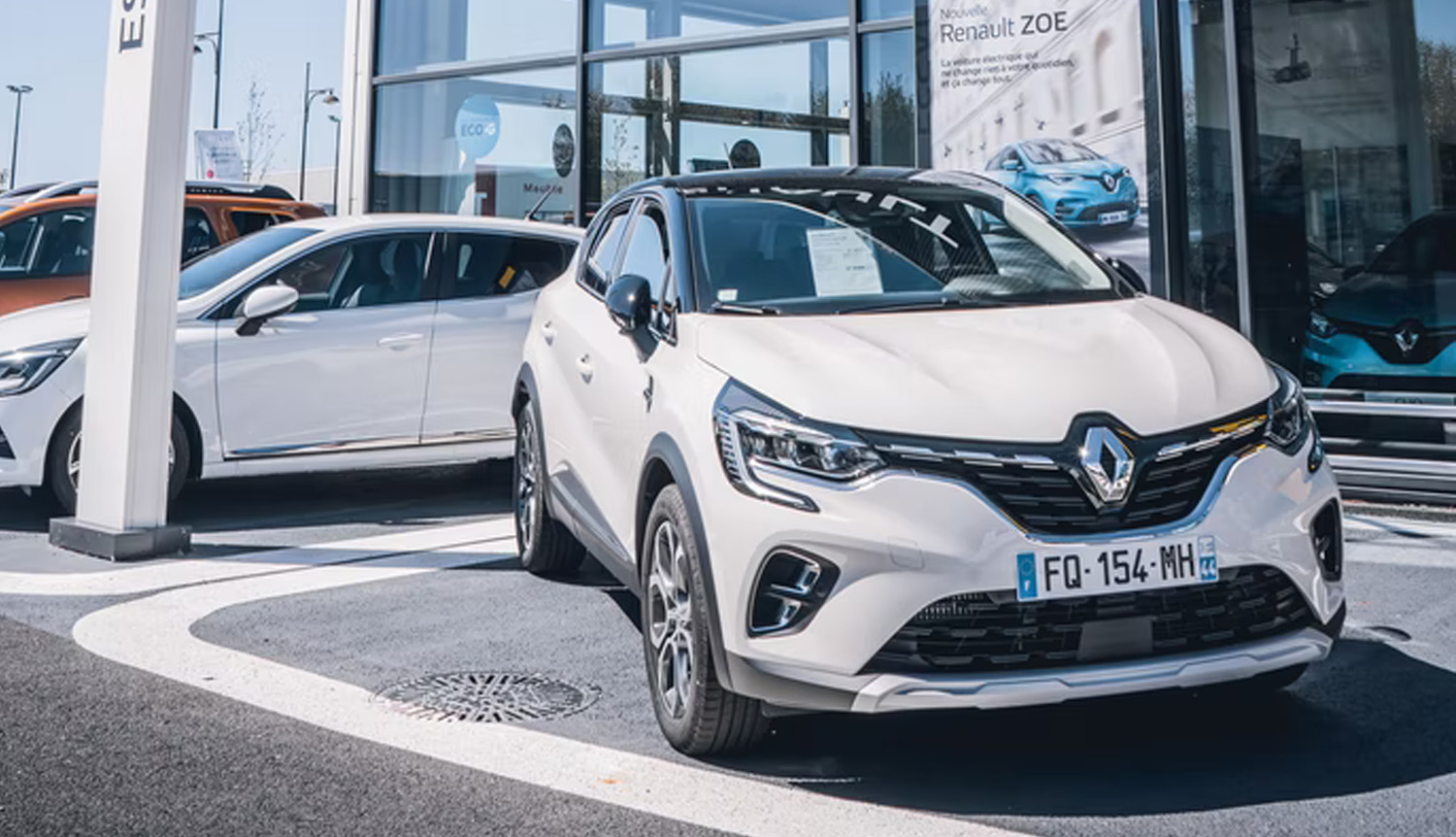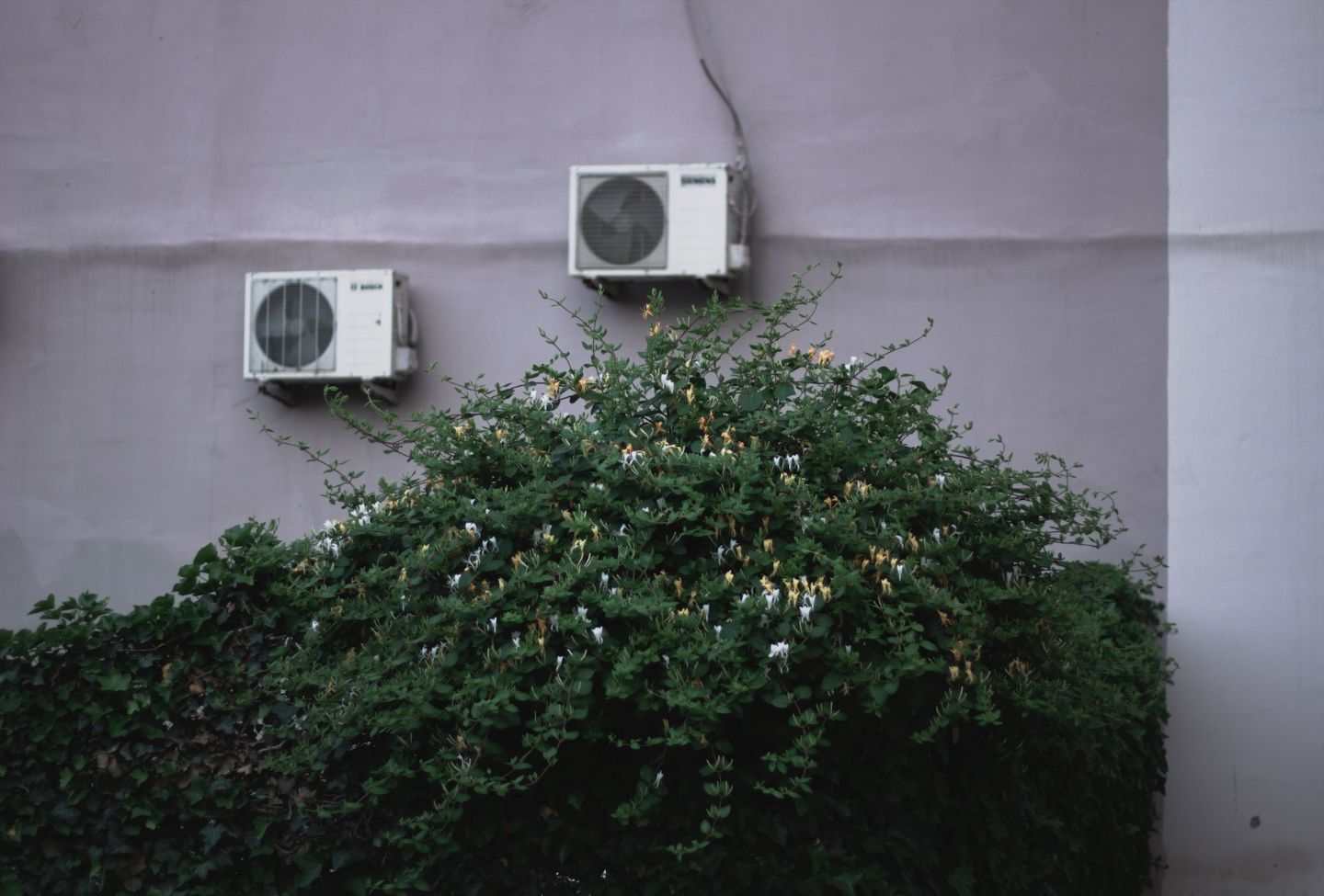Tags – Eco Friendly Air Conditioning
During the summer months, we all turn to the cold comforting air provided by air conditioning units.
But as the world becomes more and more environmentally conscious, many industries are adapting to become more eco friendly, and air conditioning is one of those industries.
In this blog post, we will discuss how air conditioning is becoming more eco friendly and some of the ways that you can help contribute to that effort!
Environmental Consequences
The majority of air conditioners in houses (and businesses) are powered by fossil fuels such as coal.
Not only do fossil fuels produce carbon emissions, but generating and transmitting electric power consumes energy.
It goes without saying that cooling down a building requires more energy than heating it up.
That’s not to say we should be sweating away and spending all of summer in discomfort, but consumers need to search for the most energy efficient and newer models that are a worthy investment.
For instance, there are some air conditioning units that are programmed to switch to a lower-power consumption mode automatically when no one is in the room.
7 Ways Air Conditioning Is Becoming More Eco-Friendly
The good news is that today’s air conditioners come with a variety of eco-friendly choices that not only help the environment but also save you money on your energy bills too.
With that said, here are 7 ways to make air conditioners more eco-friendly.
1. Size Matters
It’s important to pick the right sized air conditioning unit for the size of your building/room.
If the unit is too small, not only will it fail to cool down the space, but the unit will keep trying, thus wasting electricity and running up your energy bill.
Furthermore, an under-sized air conditioning unit will not be able to balance the air cooled in the unit’s dispenser with the humid air that the evaporator draws out from the building.
2. Programmable Thermostats
If you want to save money on your energy bill, make sure your air conditioner has a fully programmable thermostat.
This will help you save energy since the device may be programmed to turn itself off when the building has no occupants.
Programmable thermostats are ideal if you have a set schedule every week; you won’t have to worry about forgetting to switch off your unit – it will automatically do so.
3. Two-Stage Compressors
The compressors in an air conditioning unit is what typically uses the most energy.
Essentially, compressors work hard to eliminate the heat out of the air that’s sucked into the unit.
However, two-stage compressors automatically compress less on cool days and more when it’s hot, which saves energy.
4. Geothermal Heat Pumps
Geothermal heat pumps exploit the earth’s natural heat flow from a warm area to a cool one.
By balancing your building’s temperature with the temperature of the earth, geothermal heat pumps can achieve up to 40% more energy efficiency compared to conventional units.
5. Customised Matched Systems
Some eco-friendly air conditioners achieve maximum energy efficiency by using one source of energy for cooling, and another for heating.
By customising each component of the unit – from the thermostat to the indoor coils – this creates a system based on a building’s individual heating and cooling needs.
6. Regular Maintenance
You should have your air conditioning system inspected and serviced by a professional twice a year, ideally before summer and winter begin – you don’t want your equipment to break down just as the heat wave or cold snap arrives.
The engineer will check the refrigerant pressure and examine the airflow for leaks; a good engineer might also provide advice on how to increase your energy efficiency.
7. Replace Old Air Conditioning Units
If you already have air conditioners, make sure they’re modern; older air conditioning equipment will not be able to reach today’s higher environmental and energy efficiency standards.
If you have outdated heating systems, you may be spending far more on your energy bills than necessary.
The most effective option is to replace any old devices with more modern, environmentally friendly alternatives. You’ll get better performance and lower energy expenses as a result of it.
Wrapping Up
Environmental friendliness has always been something of a hot topic.
Many people connect air conditioning systems with severe environmental harm, and in the case of the biggest or oldest systems, that is not unfair to assume.
However, modern air conditioning units are becoming more environmentally friendly.
And we are not just talking about the most innovative systems, but also the run-of-the-mill air conditioners installed in offices and homes around the nation.
If you’re on the hunt for a new unit, be sure to look out for these characteristics above for more energy-efficient solutions.
Please get in touch to find out more.
In the meantime, take a look at our air conditioning units here.
You may also like:



